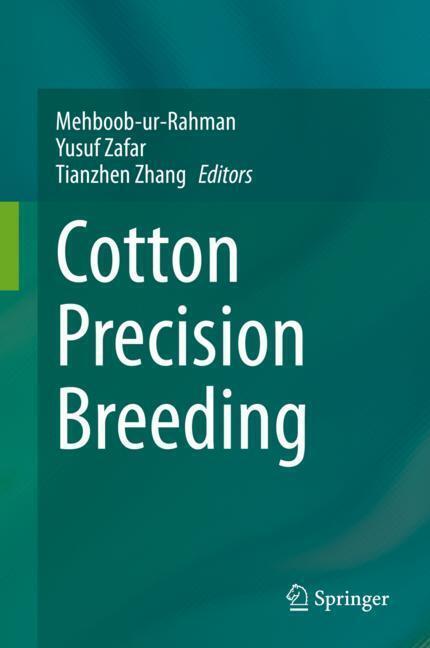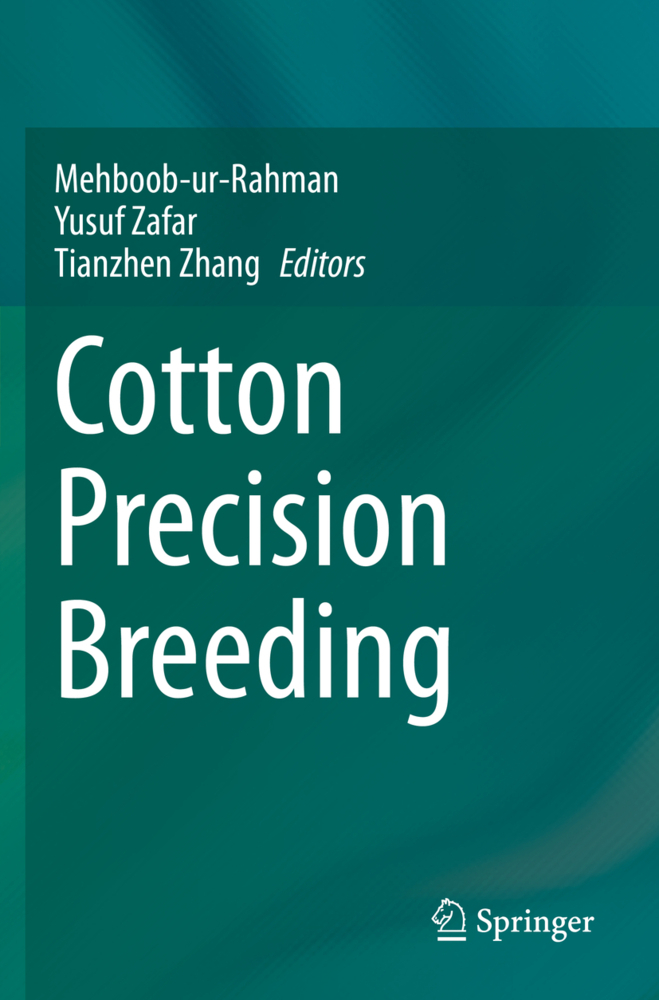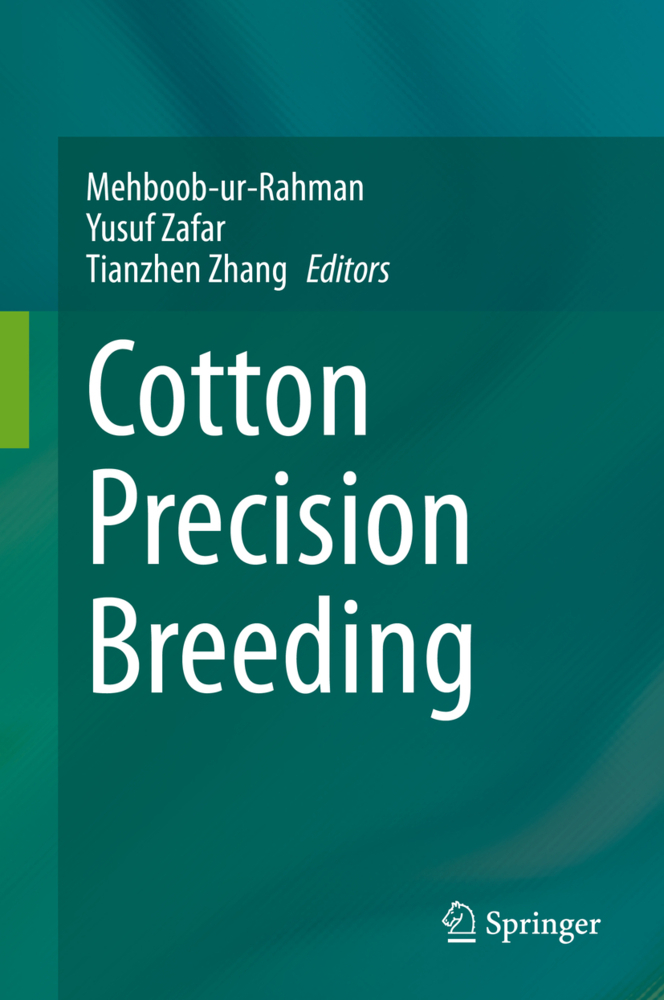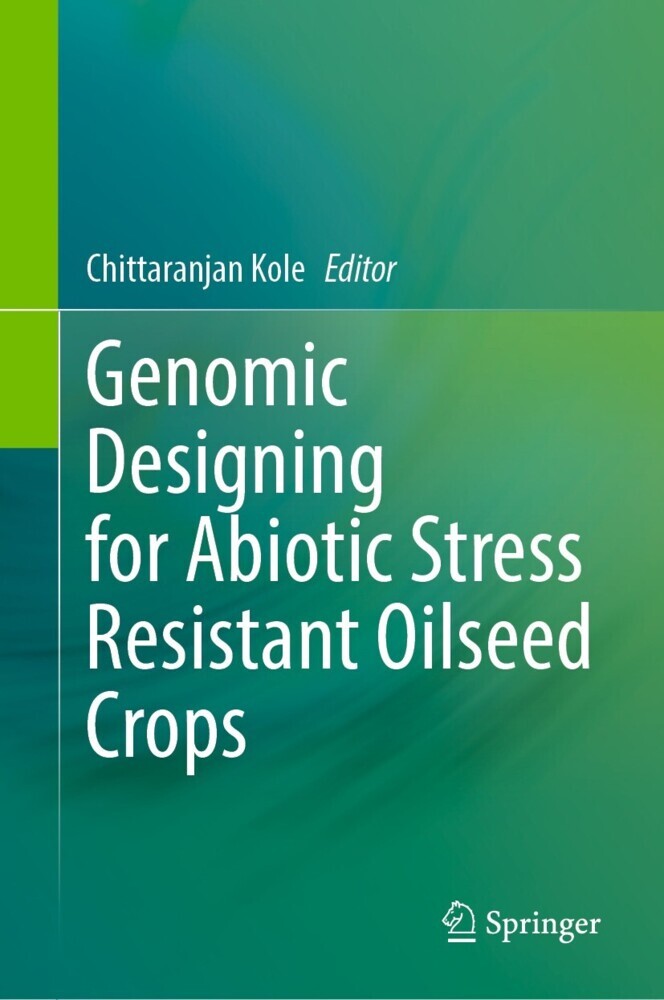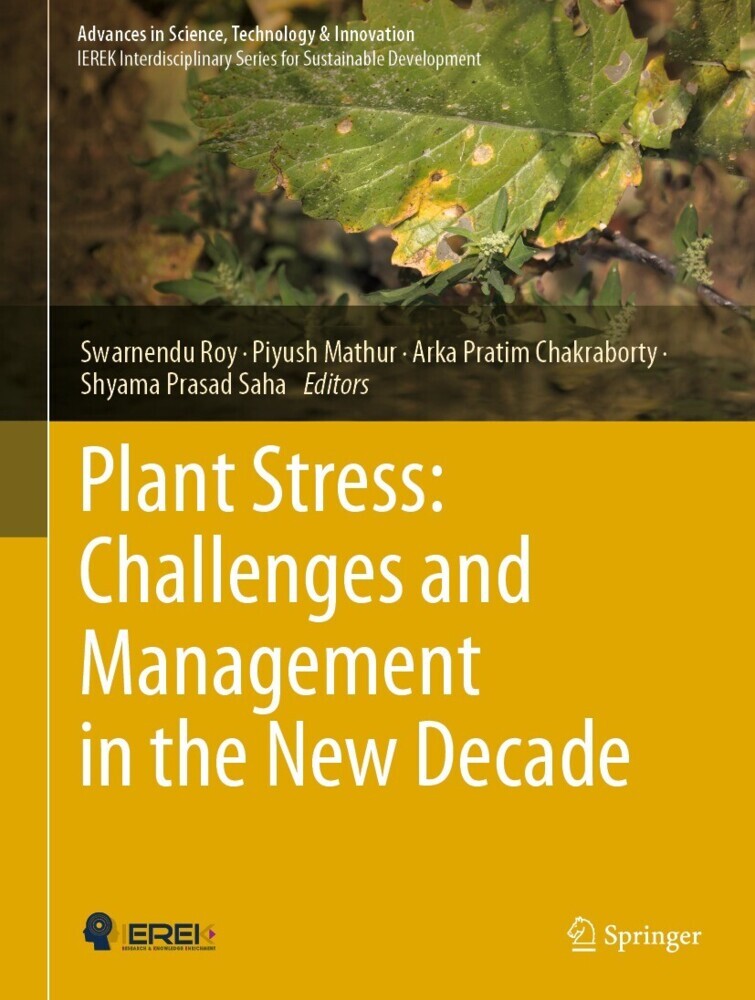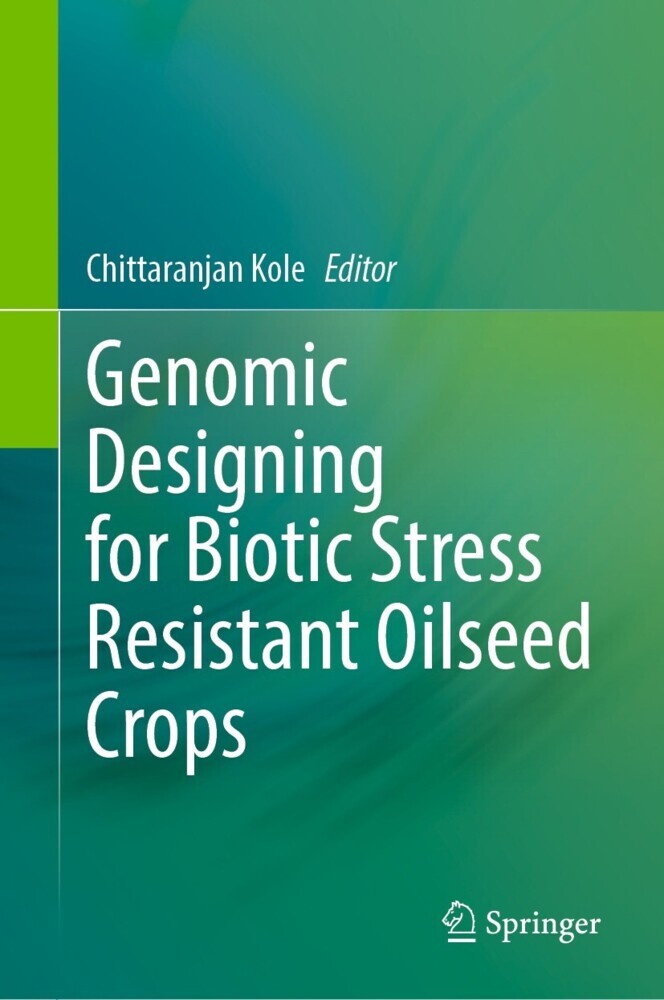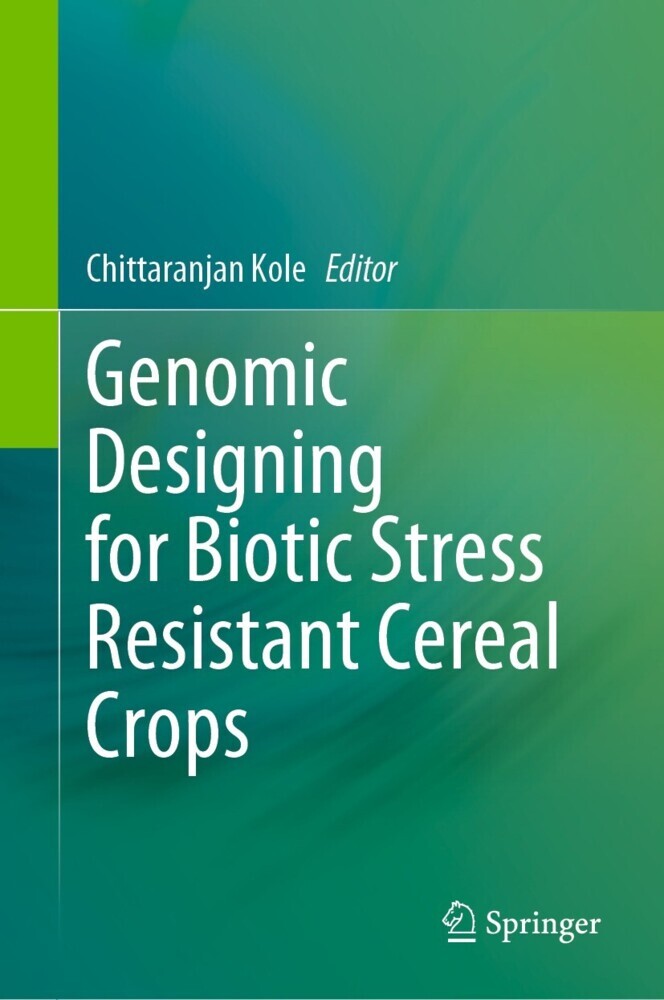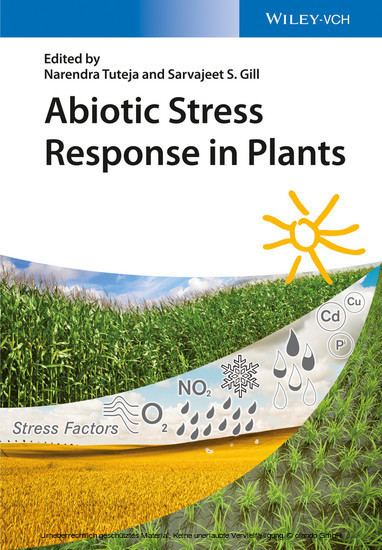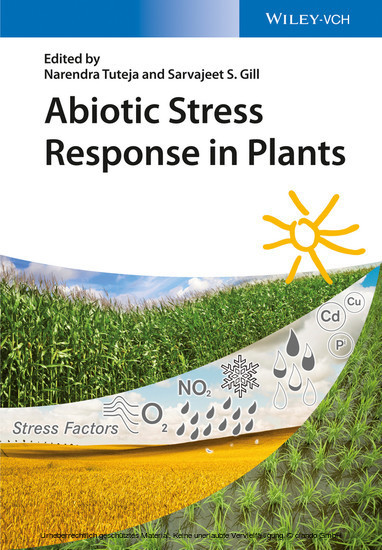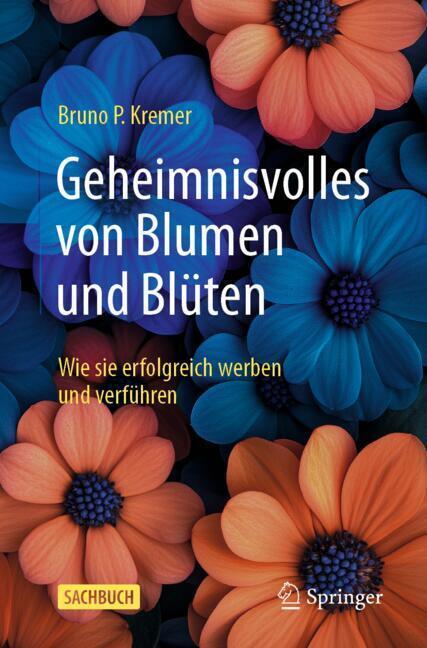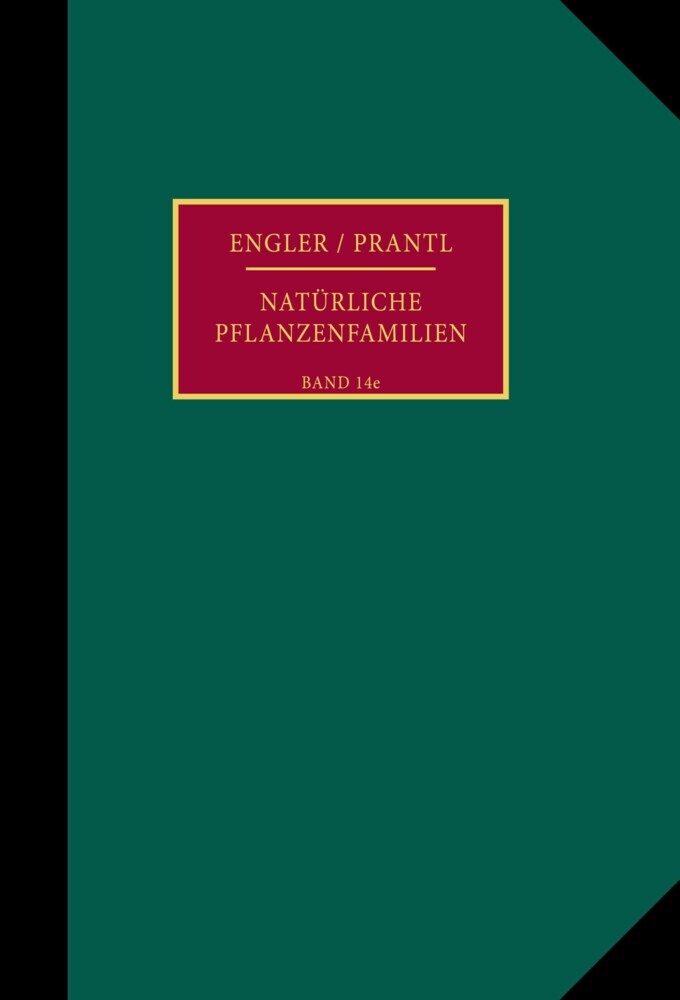Cotton Precision Breeding
Cotton Precision Breeding
Cotton, the most important natural fiber crop, has been improved by conventional breeding-largely through planned hybridization of different cotton genotypes, since the discovery of Mendelian genetics. All these efforts resulted in the development of resilient high yielding cotton varieties. However, the progress through conventional breeding procedures is slow because of long lag periods for developing a variety, little control over the new genetic combinations, unwanted traits and lack of foolproof performance testing system.
Genomic assays discovered over the last two decades have made it possible to understand the 'language' of the genome by associating the genes with specific traits. Together with the more recently established gene-editing tools like CRISPR-Cas9, the cotton genome can be tailored much more precisely than ever before. In this regard, genetic information has been harnessed, through (i) sequencing of the progenitor and cultivated cotton species, (ii) ongoing mega pan-genome sequencing projects, (iii) genetic and physical mapping, and (iv) introgression of genes from alien sources, that resulted in the development of resilient cotton cultivars. These technologies have been deployed or are attempting to overcome the challenges of water shortage, excessive heat in most cotton growing regions, infectious diseases and infestation of insect pests, as well as rising production cost, for sustainable cotton production beyond 2030.
In this book, new knowledge generated by the cotton research community and its application for developing resilient cotton are comprehensively summarized. This book contributed by well-known cotton researchers is a timely collection of the challenges and successes of precision cotton breeding in a changing environment.
Dr Mehboob-ur-Rahman, Deputy Chief Scientist & Professor, National Institute for Biotechnology & Genetic Engineering (NIBGE), Faisalabad, Pakistan
Dr Yusuf Zafar, former Chairman Pakistan Agriculture Research Council, Islamabad Pakistan
Dr Tianzhen Zhang, Distinguished Professor, College of Agriculture and Biotechnology, Zhejiang University, Hanzhou, China
Genomic assays discovered over the last two decades have made it possible to understand the 'language' of the genome by associating the genes with specific traits. Together with the more recently established gene-editing tools like CRISPR-Cas9, the cotton genome can be tailored much more precisely than ever before. In this regard, genetic information has been harnessed, through (i) sequencing of the progenitor and cultivated cotton species, (ii) ongoing mega pan-genome sequencing projects, (iii) genetic and physical mapping, and (iv) introgression of genes from alien sources, that resulted in the development of resilient cotton cultivars. These technologies have been deployed or are attempting to overcome the challenges of water shortage, excessive heat in most cotton growing regions, infectious diseases and infestation of insect pests, as well as rising production cost, for sustainable cotton production beyond 2030.
In this book, new knowledge generated by the cotton research community and its application for developing resilient cotton are comprehensively summarized. This book contributed by well-known cotton researchers is a timely collection of the challenges and successes of precision cotton breeding in a changing environment.
Dr Mehboob-ur-Rahman, Deputy Chief Scientist & Professor, National Institute for Biotechnology & Genetic Engineering (NIBGE), Faisalabad, Pakistan
Dr Yusuf Zafar, former Chairman Pakistan Agriculture Research Council, Islamabad Pakistan
Dr Tianzhen Zhang, Distinguished Professor, College of Agriculture and Biotechnology, Zhejiang University, Hanzhou, China
Rahman, Mehboob-ur-
Zafar, Yusuf
Zhang, Tianzhen
| ISBN | 9783030645045 |
|---|---|
| Artikelnummer | 9783030645045 |
| Medientyp | E-Book - PDF |
| Copyrightjahr | 2021 |
| Verlag | Springer-Verlag |
| Umfang | 459 Seiten |
| Sprache | Englisch |
| Kopierschutz | Digitales Wasserzeichen |

